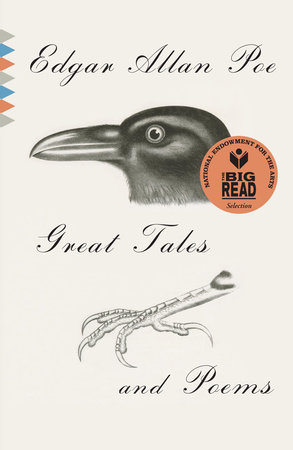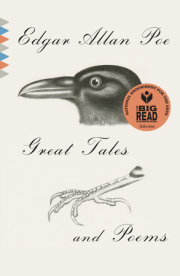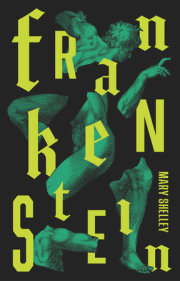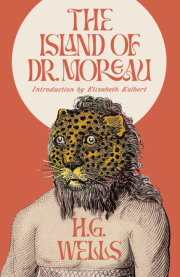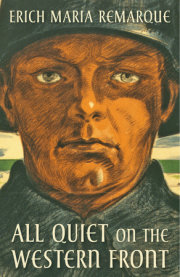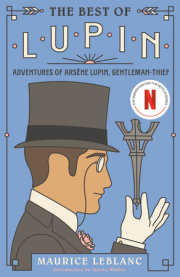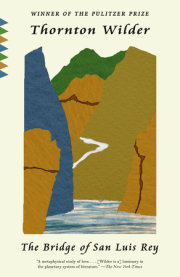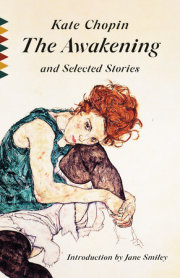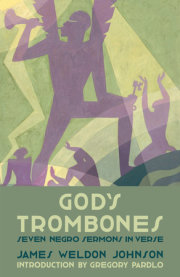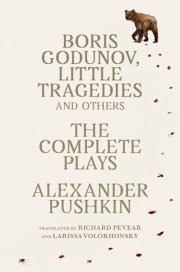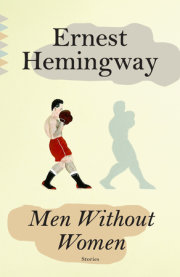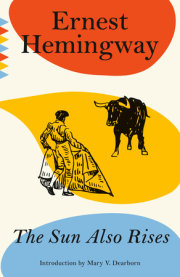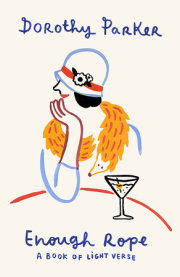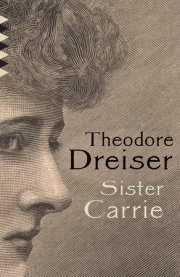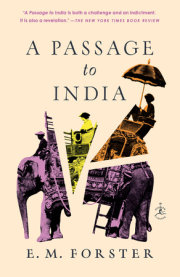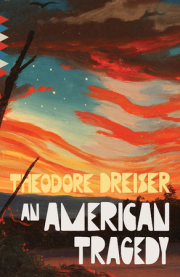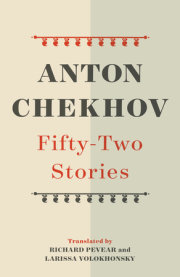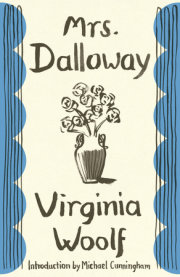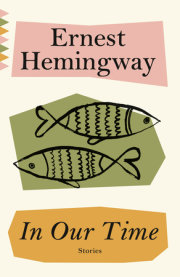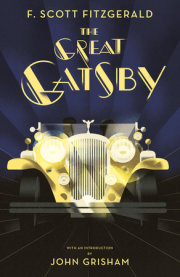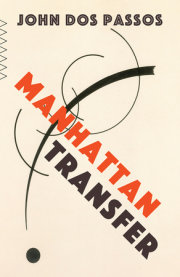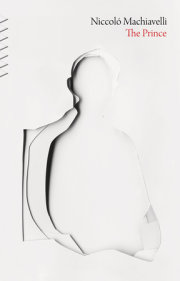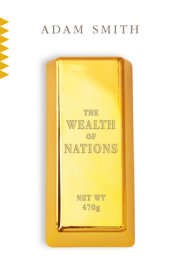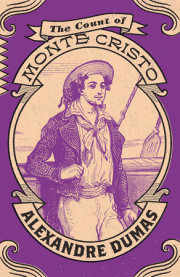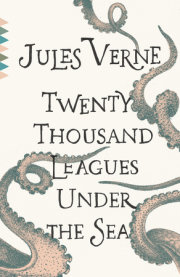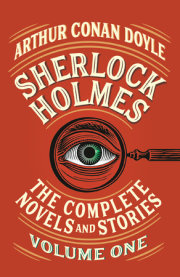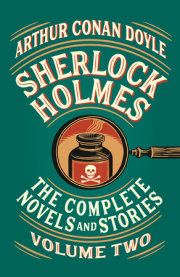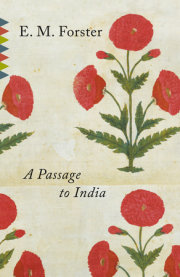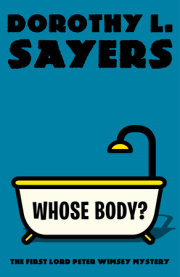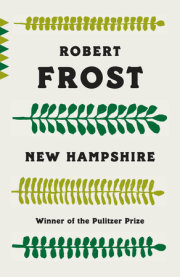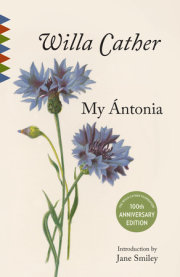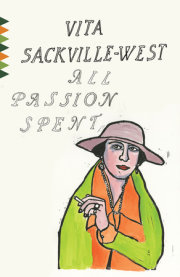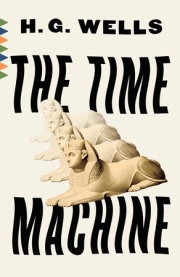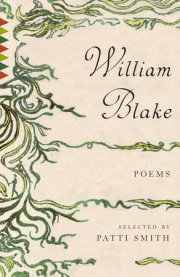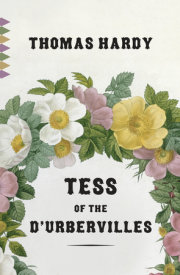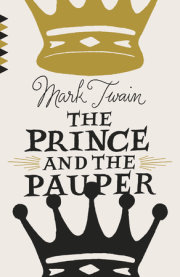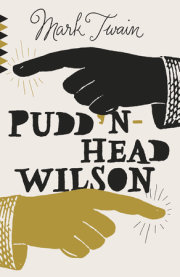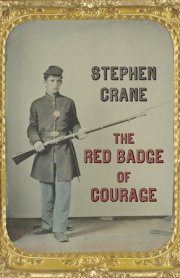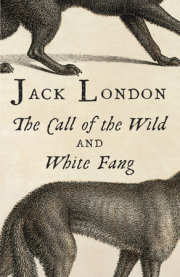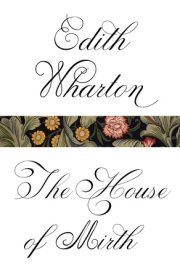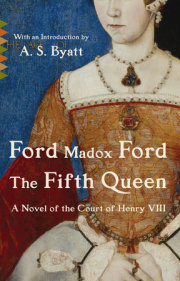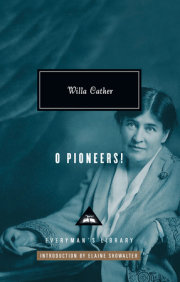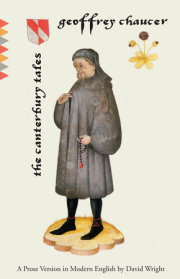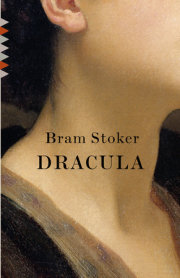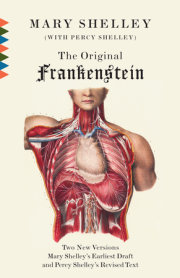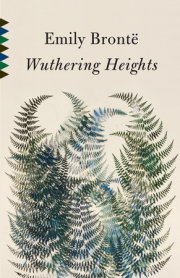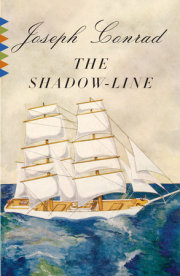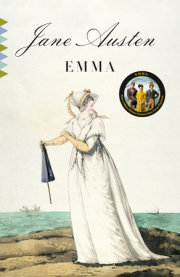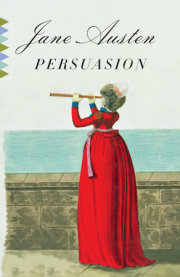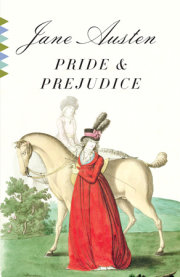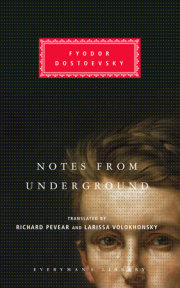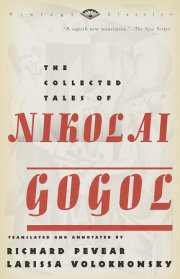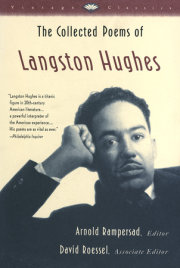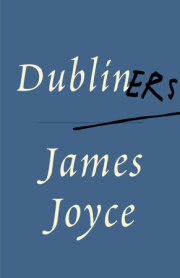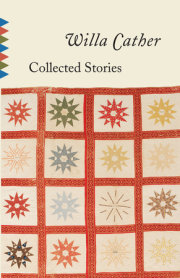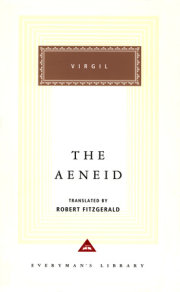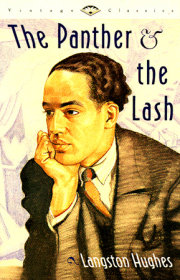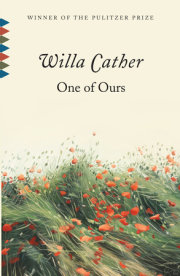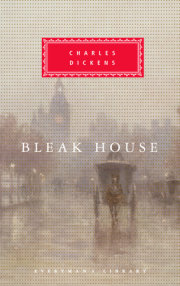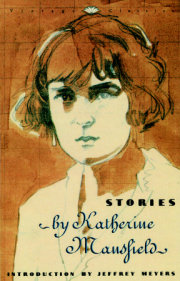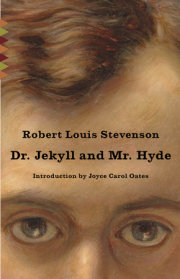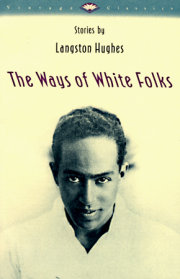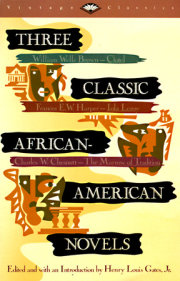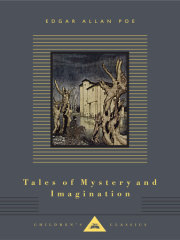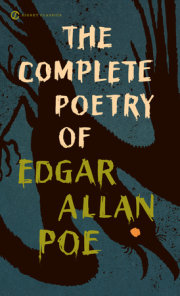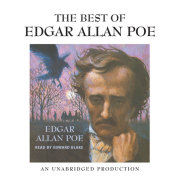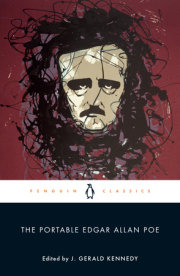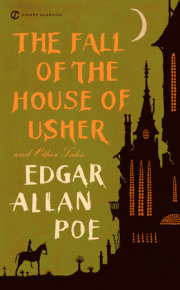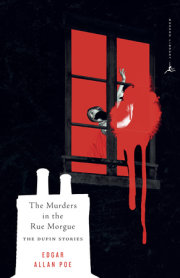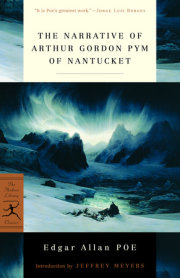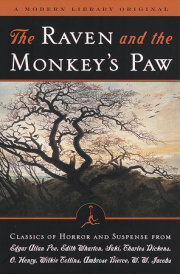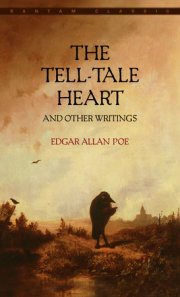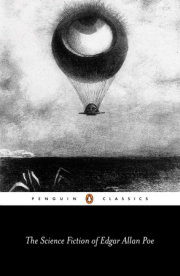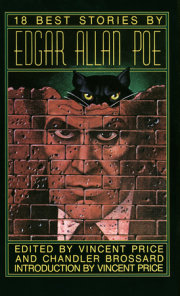The Bells
1
Hear the sledges with the bells -
Silver bells!
What a world of merriment their melody foretells!
How they tinkle, tinkle, tinkle,
In the icy air of night!
While the stars that oversprinkle
All the Heavens, seem to twinkle
With a crystalline delight;
Keeping time, time, time,
In a sort of Runic rhyme,
To the tintinabulation that so musically wells
From the bells, bells, bells, bells,
Bells, bells, bells -
From the jingling and the tinkling of the bells.
2
Hear the mellow wedding bells -
Golden bells!
What a world of happiness their harmony foretells!
Through the balmy air of night
How they ring out their delight! -
From the molten-golden notes
And all in tune,
What a liquid ditty floats
To the turtle-dove that listens while she gloats
On the moon!
Oh, from out the sounding cells
What a gush of euphony voluminously wells!
How it swells!
How it dwells
On the Future! - how it tells
Of the rapture that impels
To the swinging and the ringing
Of the bells, bells, bells! -
Of the bells, bells, bells, bells,
Bells, bells, bells -
To the rhyming and the chiming of the bells!
3
Hear the loud alarum bells -
Brazen bells!
What tale of terror, now, their turbulency tells!
In the startled ear of Night
How they scream out their affright!
Too much horrified to speak,
They can only shriek, shriek,
Out of tune,
In a clamorous appealing to the mercy of the fire -
In a mad expostulation with the deaf and frantic fire,
Leaping higher, higher, higher,
With a desperate desire
And a resolute endeavor
Now - now to sit, or never,
By the side of the pale-faced moon.
Oh, the bells, bells, bells!
What a tale their terror tells
Of despair!
How they clang and clash and roar!
What a horror they outpour
In the bosom of the palpitating air!
Yet the ear, it fully knows,
By the twanging
And the clanging,
How the danger ebbs and flows: -
Yes, the ear distinctly tells,
In the jangling
And the wrangling,
How the danger sinks and swells,
By the sinking or the swelling in the anger of the bells -
Of the bells -
Of the bells, bells, bells, bells,
Bells, bells, bells -
In the clamor and the clangor of the bells.
4
Hear the tolling of the bells -
Iron bells!
What a world of solemn thought their monody compels!
In the silence of the night
How we shiver with affright
At the melancholy meaning of the tone!
For every sound that floats
From the rust within their throats
Is a groan.
And the people - ah, the people
They that dwell up in the steeple
All alone,
And who, tolling, tolling, tolling,
In that muffled monotone,
Feel a glory in so rolling
On the human heart a stone -
They are neither man nor woman -
They are neither brute nor human,
They are Ghouls: -
And their king it is who tolls: -
And he rolls, rolls, rolls, rolls
A Paean from the bells!
And his merry bosom swells
With the Paean of the bells!
And he dances and he yells;
Keeping time, time, time,
In a sort of Runic rhyme,
To the Paean of the bells -
Of the bells: -
Keeping time, time, time,
In a sort of Runic rhyme,
To the throbbing of the bells: -
Of the bells, bells, bells -
To the sobbing of the bells: -
Keeping time, time, time,
As he knells, knells, knells,
In a happy Runic rhyme,
To the rolling of the bells -
Of the bells, bells, bells: -
To the tolling of the bells -
Of the bells, bells, bells, bells,
Bells, bells, bells -
To the moaning and the groaning of the bells.
The City in the Sea
Lo! Death has reared himself a throne
In a strange city lying alone
Far down within the dim West,
Where the good and the bad and the worst and the best
Have gone to their eternal rest.
There shrines and palaces and towers
(Time-eaten towers that tremble not!)
Resemble nothing that is ours.
Around, by lifting winds forgot,
Resignedly beneath the sky
The melancholy waters lie.
No rays from the holy heaven come down
On the long night-time of that town;
But light from out the lurid sea
Streams up the turrets silently -
Gleams up the pinnacles far and free -
Up domes - up spires - up kingly halls -
Up fanes - up Babylon-like walls -
Up shadowy long-forgotten bowers
Of sculptured ivy and stone flowers -
Up many and many a marvellous shrine
Whose wreathed friezes intertwine
The viol, the violet, and the vine.
Resignedly beneath the sky
The melancholy waters lie.
So blend the turrets and shadows there
That all seem pendulous in air,
While from a proud tower in the town
Death looks gigantically down.
There open fanes and gaping graves
Yawn level with the luminous waves;
But not the riches there that lie
In each idol's diamond eye -
Not the gaily-jewelled dead
Tempt the waters from their bed;
For no ripples curl, alas!
Along that wilderness of glass -
No swellings tell that winds may be
Upon some far-off happier sea -
No heavings hint that winds have been
On seas less hideously serene.
But lo, a stir is in the air!
The wave - there is a movement there!
As if the towers had thrust aside,
In slightly sinking, the dull tide -
As if their tops had feebly given
A void within the filmy Heaven.
The waves have now a redder glow -
The hours are breathing faint and low -
And when, amid no earthly moans,
Down, down that town shall settle hence.
Hell, rising from a thousand thrones,
Shall do it reverence.
Annabel Lee
It was many and many a year ago,
In a kingdom by the sea,
That a maiden there lived whom you may know
By the name of Annabel Lee; -
And this maiden she lived with no other thought
Than to love and be loved by me.
She was a child and I was a child,
In this kingdom by the sea,
But we loved with a love that was more than love -
I and my Annabel Lee -
With a love that the winged seraphs of Heaven
Coveted her and me.
And this was the reason that, long ago,
In this kingdom by the sea,
A wind blew out of a cloud by night
Chilling my Annabel Lee;
So that her high-born kinsmen came
And bore her away from me,
To shut her up in a sepulchre
In this kingdom by the sea.
The angels, not half so happy in Heaven,
Went envying her and me;
Yes! that was the reason (as all men know,
In this kingdom by the sea)
That the wind came out of the cloud, chilling
And killing my Annabel Lee.
But our love it was stronger by far than the love
Of those who were older than we -
Of many far wiser than we -
And neither the angels in Heaven above
Nor the demons down under the sea
Can ever dissever my soul from the soul
Of the beautiful Annabel Lee: -
For the moon never beams without bringing me
dreams
Of the beautiful Annabel Lee;
And the stars never rise but I see the bright eyes
Of the beautiful Annabel Lee;
And so, all the night-tide, I lie down by the side
Of my darling, my darling, my life and my bride
In her sepulchre there by the sea -
In her tomb by the side of the sea.
. All rights reserved. No part of this excerpt may be reproduced or reprinted without permission in writing from the publisher.

